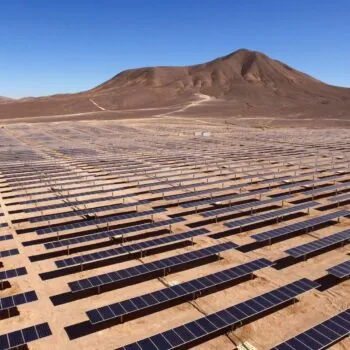Summary
Europe needs a budget which reflects its future challenges, not its past political arguments. The budget review will effectively fix the shape of the European budget until 2020: there needs to be a radical shift if it is to reflect the future priorities of Europeans.
The EU budget is only 1% of European GDP, and this proportion has consistently fallen over the last 20 years. The danger of the budget review is not that it will result in an unsustainably expanded budget, but that it will fail to set clear priorities. Focus on budget limits at this stage will drive debate into old, backward looking patterns.
The EU budget is small, and should be focused on areas of high added value where Europe has chosen to act together. The budget should reflect the Lisbon Treaty and be refocused on supporting a stronger European role in shaping a globalising world, and delivering the critical shared infrastructure and innovation needed to support this.
Europe has taken a global lead on climate change, but the priorities of energy and climate security are not reflected in the current budget. No one member state can invest in a new low carbon European power system, or provide the huge investment needed to develop technologies such as carbon capture and storage or concentrated solar power. Ambitious European plans for new technology and infrastructure are currently unfunded; reducing European credibility with industry and other countries. One option could be to create a new (time-limited) energy and climate security budget, co-financed by European and member state resources, including auctioning of carbon permits.
Europeans will not have climate security unless large developing countries such as China and India begin to reduce their greenhouse gas emissions. These countries are still poor and have contributed far less to climate change than Europe. To deliver global agreement Europe may have to spend €30-100 billion every year to help these countries decarbonise; the EU budget is the logical vehicle through which to fairly share these costs between countries.
Europe faces significant challenges of migration, instability and poverty in its immediate neighbourhood; climate change will exacerbate all these problems. The budget should provide greater support for the new External Action Service of the EU in tackling these issues, and promoting long term stability and prosperity.
European citizens feel that the European budget is a distant decision and project, and suffers from a lack of legitimacy. Europeans should be directly engaged in setting overall budget priorities. This could be done through a participative process – eg: deliberative polling – in association with the European Parliament. A more radical option is to use the 2009 European election process to put a question on budget priorities directly to citizens at the ballot.


